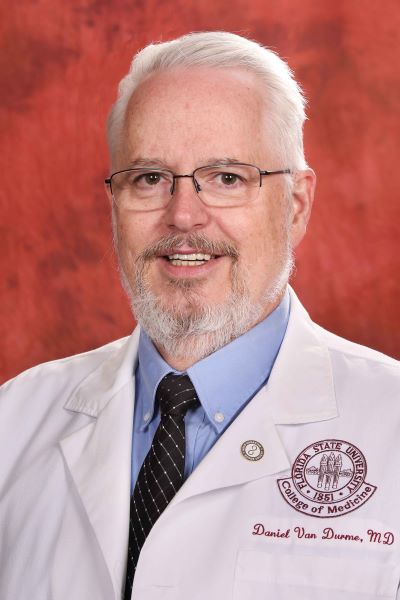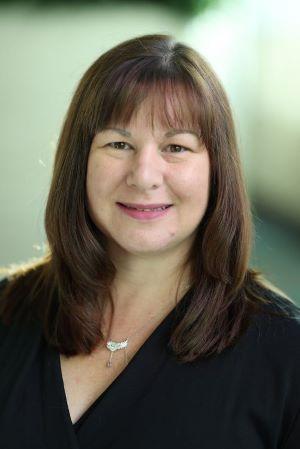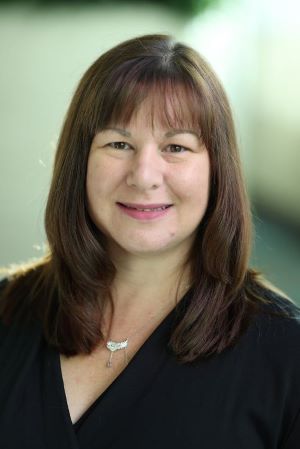Dr. Dinesh Arab is director of Interventional and Structural Cardiology at AdventHealth, Daytona Beach and clerkship faculty at the FSU College of Medicine’s Daytona Beach Regional Campus. This article appeared in Op-Med, a collection of original contributions by Doximity members, and was published on July 24, 2023.
The best way of describing a student rotating with me is the feeling I have when I plan my long runs — I really don’t look forward to it, but once I start, I enjoy the feeling, and when it’s done, I am glad I did it and have a sense of accomplishment. I wasn’t particularly looking forward to another student rotation when I walked into the cath lab.
“Anyone see my student?” I asked.
“He is already in the lab,” my scrub nurse said.
I saw one of the masked figures detach themselves from the patient and come over. We shook hands and introduced ourselves.
“So, what do you want to be when you grow up, Eric?” I asked.
“General surgeon,” he replied.
“I guess this is an elective rotation for you. Just hang back and soak it in,” I said.
Monday was “valve day.” We had a bunch of valve replacements lined up and the day flew by in a blur. Eric got a crash course in vascular anatomy, cerebral circulation, gradients, and heart-stopping induced ventricular tachycardia. I handed him a coffee in the lounge at the end of the day and said, “Welcome to cardiology.”
“Wow,” he replied, “I had no idea it was so intense and fun!”
The Florida State University School of Medicine has a unique curriculum. After the first two years, students rotate with individual faculty members for their clinical rotations, spread across multiple campuses. I have been involved in teaching all over the world, and while I got to know my students pretty well, nothing compares to the bond created by a one-to-one rotation over a month.
Over the next few weeks, Eric got to experience the yin and yang of cardiology. He got exposed to the high-octane STEMIs, the thoughtful and elegant mitral clip, the careful placement of a watchman device in a fragile appendage, and the now routine TAVR and endovascular intervention in the legs. Which contrasted with the easy days in the office, where we would get the gratitude for our work in the lab and the general bonhomie with our patients. I taught him to float a swan and got him comfortable with cardioversions. You didn’t need to be a cardiologist to figure out Eric was getting sucked into cardiology like a moth to a flame. In turn, I was being sucked into the role of a mentor. He came in well-prepared; the level of questioning and inquisitiveness increased.
We got to know each other as people. My two boys had left for college and Eric filled the vacuum that had been created. I told him about our vacations and my aspirations for them. He in turn told me that he was in the Air Force and had done two tours in Afghanistan. He showed me a picture of two boys in uniform holding automatic weapons, grinning into the camera. “That’s badass," I said, “I hope you didn’t have to use those weapons!” When he told me about the war, I realized why he had chosen general surgery — all the trauma he had witnessed. We had common interests; we both liked to run and were open-water swimmers. We conspired on an ocean swim throughout the rotation, but either our schedules or the weather didn’t cooperate. We compared run times and our fitness routines — as expected, he was quicker than me with enviable run times.
I taught Eric everything I had learned inside and outside the classroom. The financial aspect of medicine, the lifespan of a doctor, and how to pace yourself. The little things no one tells you about, the stress of complex procedures and how to deal with it — break it into little steps. In between EKGs, I talked to him about failures and the bad outcomes and the inevitable depression that follows. I took him to meetings with administrators, taught him how to de-escalate situations, and most importantly, how to be a complete human being, while taking care of himself and his family along the way. Eric in turn lapped it all up and at the end of the rotation, felt like a cardiology fellow. We shook hands, and he did say that he might want to switch his specialty. “Give surgery time," I suggested, “and if you still feel strongly, we can make some calls for you.” I hoped I hadn’t ended up confusing him.
That evening after work, I looked at the ocean forecast — it was perfect. I texted Eric and asked whether he wanted to join our group for an ocean swim. “It will be a fitting end to the rotation,” I said.
“Sure! You should make it part of the rotation," he quipped.
The weather fellas were right for a change; the ocean was flat but cold, and there was a glorious sunrise. I introduced Eric to our swim group — a hardened lot. Two of them were my patients, and Eric had met one of them earlier that week. They were older men but elite swimmers, with one of them having attempted the English Channel twice. The two ladies present would give a professional triathlete a run for their money on any given day. The others were a divorce attorney and an All-American athlete.
My instructions were brief: “We are going to swim south, stop at about 600 yards, and do a headcount.” Eric nodded, and we were off. I looked back and he was right behind me. The next time I looked back, he was gone. “Damn 28-year-olds and their speed,” I thought. I settled into my comfortable pace. I reached the rendezvous, and my heart sank when I didn’t see Eric. I was frantic for a bit, but then I saw him — he had drifted, but was back on course.
“I could get used to this." He grinned.
When I came into the lab on Monday, everyone asked me where my student was. I was in a funk and realized the reason was that I missed Eric and our banter and camaraderie. The feeling was similar to my boys leaving for college. That's the thing about mentorship, right? We start with helping someone and in the process end up helping ourselves: completing a full circle. We get to be a part of incredible journeys of our students, children, and our patients, which in turn makes our journey — this beautiful journey of medicine and life — all the more fulfilling.





